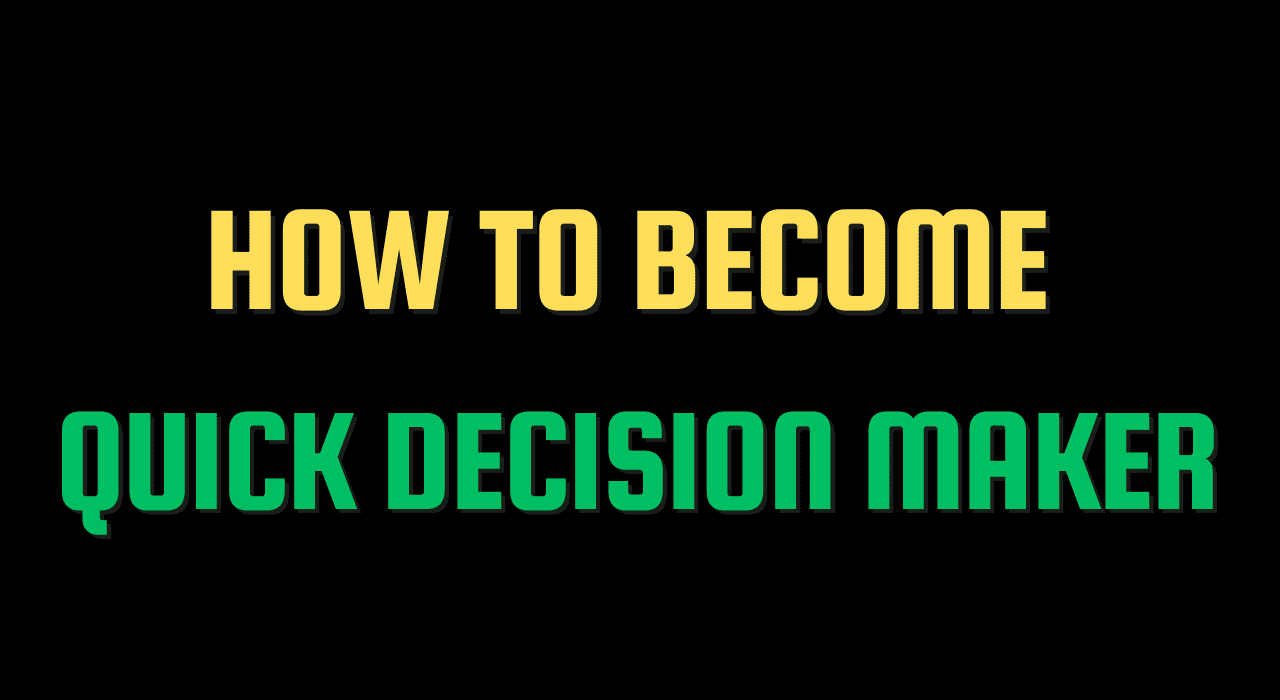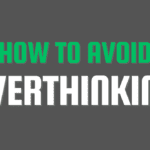Becoming a quick decision-maker involves developing the ability to assess situations rapidly and confidently choose a course of action. Here are steps to help you become more efficient in making decisions:
- Clarify Your Priorities: Identify your values and priorities to guide your decision-making process. Knowing what matters most to you can streamline your choices and help you make quicker decisions aligned with your goals.
- Set Decision-Making Criteria: Establish clear criteria or guidelines to evaluate options quickly. Determine what factors are most important in the decision-making process and use them to assess choices efficiently.
- Trust Your Instincts: Learn to trust your intuition and gut feelings when making decisions. Sometimes, your initial reaction can provide valuable insights that lead to swift and effective choices.
- Practice Decisiveness: Make a conscious effort to make decisions promptly rather than procrastinating or overanalyzing. Embrace the mindset that a good decision made quickly is often better than a perfect decision made too late.
- Gather Relevant Information: Obtain the necessary information to inform your decision-making process efficiently. Focus on collecting key facts and insights that are directly relevant to the decision at hand, avoiding information overload.
- Limit Analysis Paralysis: Avoid getting bogged down by excessive analysis or second-guessing. Set time limits for making decisions and commit to moving forward once you have sufficient information to make an informed choice.
- Practice Problem-Solving Skills: Strengthen your problem-solving abilities to address challenges and make decisions more effectively. Develop strategies for generating creative solutions and adapting quickly to changing circumstances.
- Learn from Experience: Reflect on past decisions and their outcomes to learn what works and what doesn’t. Use these insights to refine your decision-making process and become more adept at making quick, informed choices.
- Seek Feedback: Solicit input from trusted advisors, mentors, or colleagues when facing important decisions. Their perspectives can provide valuable insights and help you gain clarity more quickly.
- Embrace Risk-Taking: Accept that not all decisions will have guaranteed outcomes and be willing to take calculated risks when necessary. Cultivate a tolerance for uncertainty and learn from both successes and failures.
By implementing these strategies and practicing decisive action, you can become a quicker and more effective decision-maker, enabling you to navigate challenges and seize opportunities with confidence and clarity.






